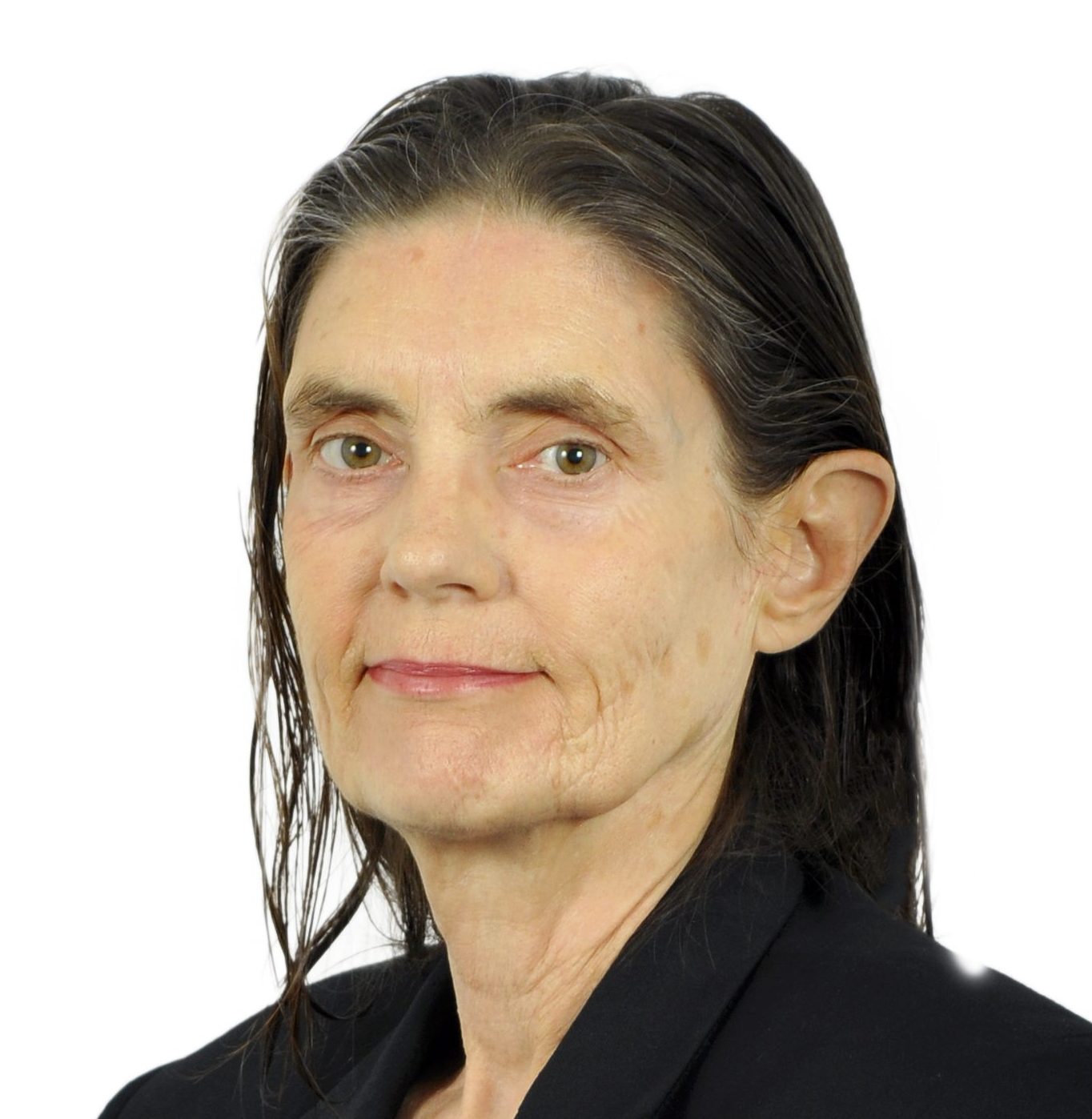Featured Topics
Featured Products
Events
S&P Global Offerings
Featured Topics
Featured Products
Events
S&P Global Offerings
Featured Topics
Featured Products
Events
S&P Global Offerings
Featured Topics
Featured Products
Events
Our Methodology
Methodology & Participation
Reference Tools
S&P Global
S&P Global Offerings
S&P Global
Our Methodology
Methodology & Participation
Reference Tools
S&P Global
S&P Global Offerings
S&P Global
12 May 2022 | 08:09 UTC
Highlights
Dated Brent up 40% this year
MTBE prices highest since 2013
Polyethylene demand is 'healthy'
Saudi Basic Industries Corp., the biggest petrochemicals producer in the Middle East and 70% owned by Saudi Aramco, expects increased feedstock costs in 2022 to offset higher sales volumes as global economic growth slows.
The company's first-quarter petrochemicals revenue rose 35% year on year and 3% from Q4 2021 to Riyal 44.28 billion ($11.8 billion), Sabic said in a statement. Petrochemicals prices jumped 27% on the year, with methanol and MTBE prices higher on the year in all parts of the world, while mono ethylene glycol prices increased in the Middle East and China but declined in Western Europe and North America, according to a presentation prepared for a media call.
Overall mono ethylene glycol prices decreased on the quarter because of a slowdown in fiber demand and a reduction in textile consumption of polyester due to COVID-19 lockdowns in China, Sabic said. Methanol prices decreased on the quarter due to an increase in supply, while MTBE prices reached the highest level since 2013 on strengthening crude oil and gasoline prices.
Results are being driven by "continued healthy demand for our products, higher oil prices and our diverse global portfolio," Sabic CEO Yousef Abdullah al-Benyan said in the statement. Sabic projects that global growth will slow to a range of 3.2%-3.6% in 2022, from an average of 5.8% in 2021.
Crude oil prices have rallied this year, with Dated Brent up 40% since the end of 2021 at $107.48/b as of May 11, according to S&P Global Commodity Insights data.
"Global demand remains healthy and is being met with supply recovering from outages," Sabic said, referring to the polyethylene market where prices are stable.
Polypropylene prices were stable in Q1 even as feedstock prices increased and demand was "weak," the company said.
The demand was largely hurt by Chinese holidays and COVID-19 restrictions, it said. "Similarly, the supply in Asia was impacted for the same reasons and by turnarounds in the Middle East."
Polycarbonate prices were little changed in the US and lower in Asia "on continuous soft demand, while the demand in Europe is healthy with balanced supply, which allowed the producers to sustain high price levels," Sabic said. Polycarbonate prices have decreased in Asia and prices of bisphenol-A, used in manufacturing polycarbonate, dropped, it said.
Urea prices were lower on the quarter despite a rally in March prices in Europe after Russia's invasion of Ukraine, the company said. Demand from India, Brazil, Australia, and the EU and increasing crop prices are expected to lead to further increases in urea prices, Sabic said.
Sabic's Q1 revenue rose 40% on the year to Riyal 52.64 billion.
Editor:
